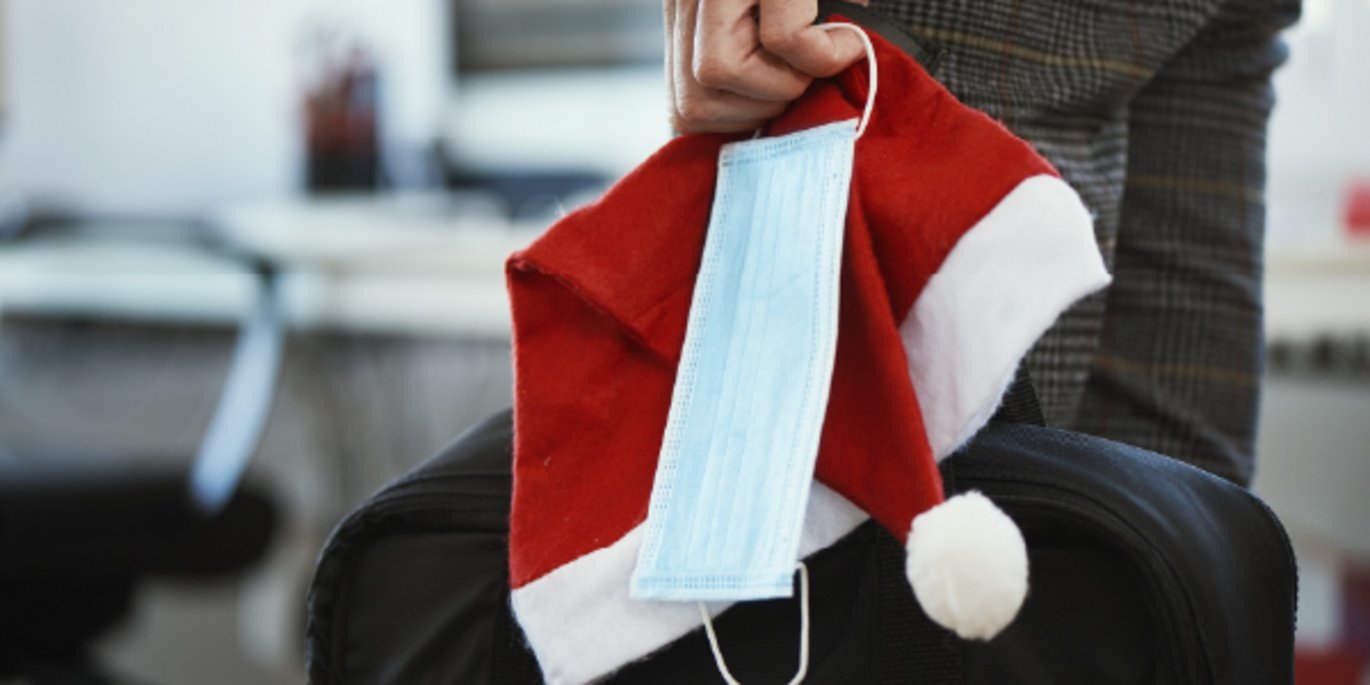COVID-19 infection: It probably won’t happen to me
New research from Aarhus BSS shows that we underestimate our own and our close others’ risk of infection. This false sense of security leads us to reduce precautions when we socialise with family and friends. We thereby risk increasing the spread of COVID-19.

Are you also tired of keeping distance and using face masks, hand disinfectant etc.? And do you find yourself doing it less when you are together with your friends and family? Then you are probably not the only one. Because as human beings, we have a built-in psychological bias which makes us underestimate our own and our close others’ risk of contracting COVID-19. For this reason, we are less cautious with our close others than with our acquaintances. .
”This could be of particular importance in connection with Christmas and similar holidays when families and friends get together.”
Sinué Salgado, assistant professor of psychology from Aarhus BSS at Aarhus University.
In psychology, this is called ‘unrealistic optimism’. It means that people generally believe their own future looks brighter than that of other people in a similar situation. This bias can be found in many domains of life. Now, two researchers from Aarhus BSS – Sinué Salgado and Dorthe Berntsen from the Department of Psychology and Behavioural Sciences – have used surveys conducted in the United Kingdom and the United States to demonstrate that ‘unrealistic optimism’ applies to infection with COVID-19 as well. And this is bad news for the spread of infection:
"Such biases are particularly critical in relation to infectious diseases. Here, underestimating the risk for both oneself and close others may lead us to reduce precautions, which in turn means increased spread of infection. This could be of particular importance in connection with Christmas and similar holidays when families and friends get together,” says assistant professor of psychology Sinué Salgado from the research centres Con Amore and the Centre for Integrative Business Psychology at Aarhus BSS.
The authorities fuel this false sense of security when they ask the population to limit their relations with other people to small social bubbles – as it happened last year. This reinforces the perception that we and our close others are less likely to carry infection compared to other people.
"It is important to make people aware that they have these irrational biases about themselves and their close others so as to encourage people to be more critical of their perceived sense of security and adjust their behaviour accordingly," says Sinué Salgado.
The study in question is rather unique in that it examines the effect of ‘unrealistic optimism’ in the context of an uncontrollable real-life pandemic, meaning the risk of infection is pretty similar across individuals (as opposed to lab experiments or studies involving people infected with HIV or people who smoke).